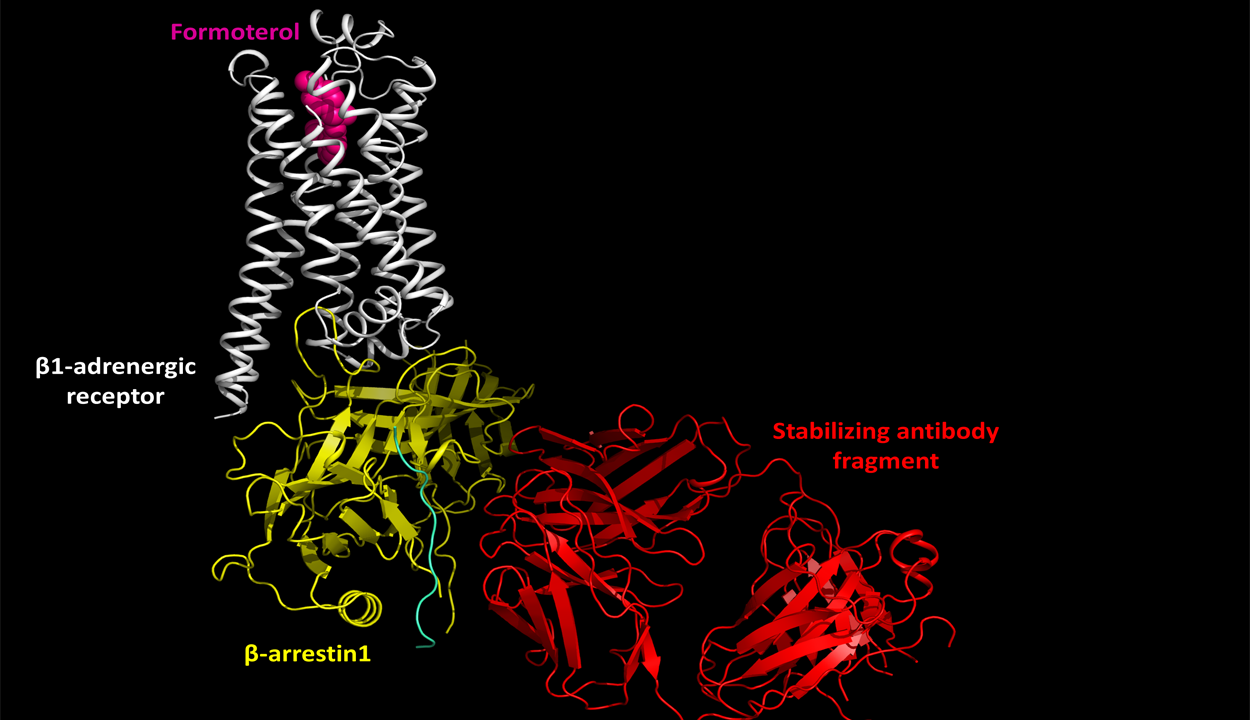
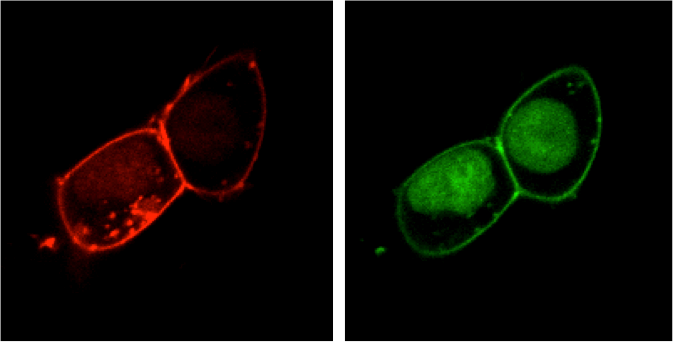
Researchers from IIT Kanpur have engineered antibody-based biosensors in the laboratory using protein-design approaches. These biosensors report the activation of important drug targets, and the approach used in this study also offers new solutions to the long-standing challenge of generating high-quality antibodies for life science research

Researchers from the Indian Institute of Technology-Kanpur have found structural differences between beta-arrestin Isoforms 1 and 2 upon their interaction with receptors. Beta-arrestin is a cellular protein that acts as a universal regulator of GPCRs, and this finding may help in designing novel therapeutic targets.

Sixteen promising startups and 20 teams of university students have been given grants totaling Rupees six crore by the India Innovation Growth Programme (IIGP) – a joint initiative of the Department of Science and Technology (DST), Lockheed Martin and Tata Trusts
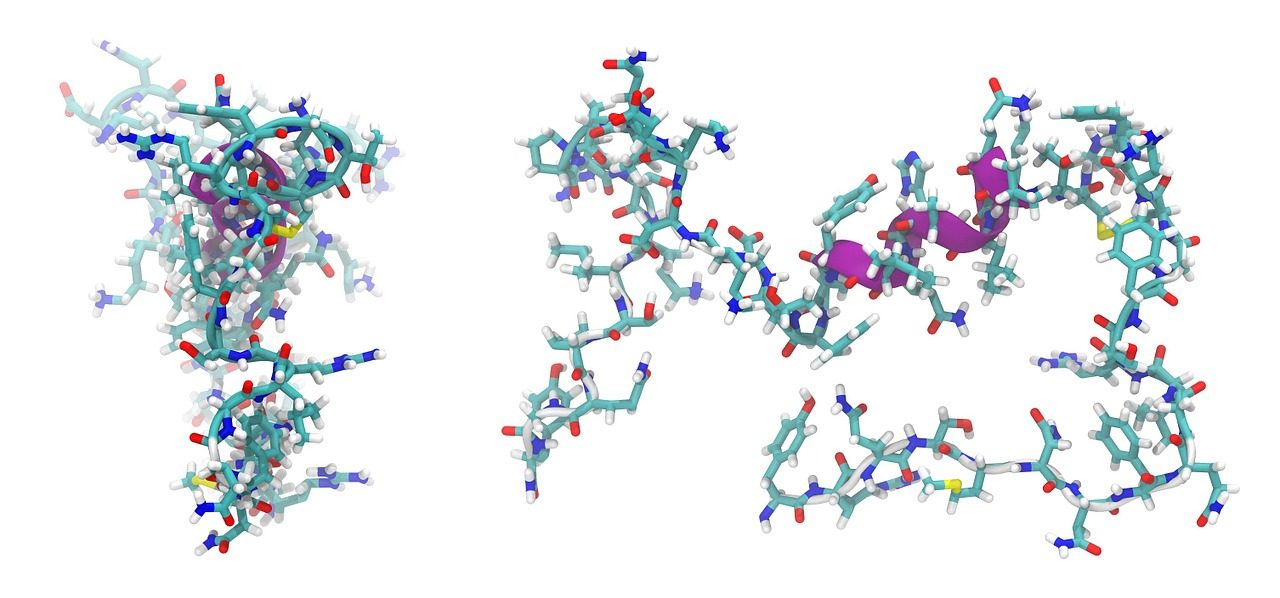

India is a leading player in nanotechnology research globally. To facilitate research in this sector, a national facility for Atom Probe Tomography has been established at the Indian Institute of Technology Madras, in partnership with several other institutes
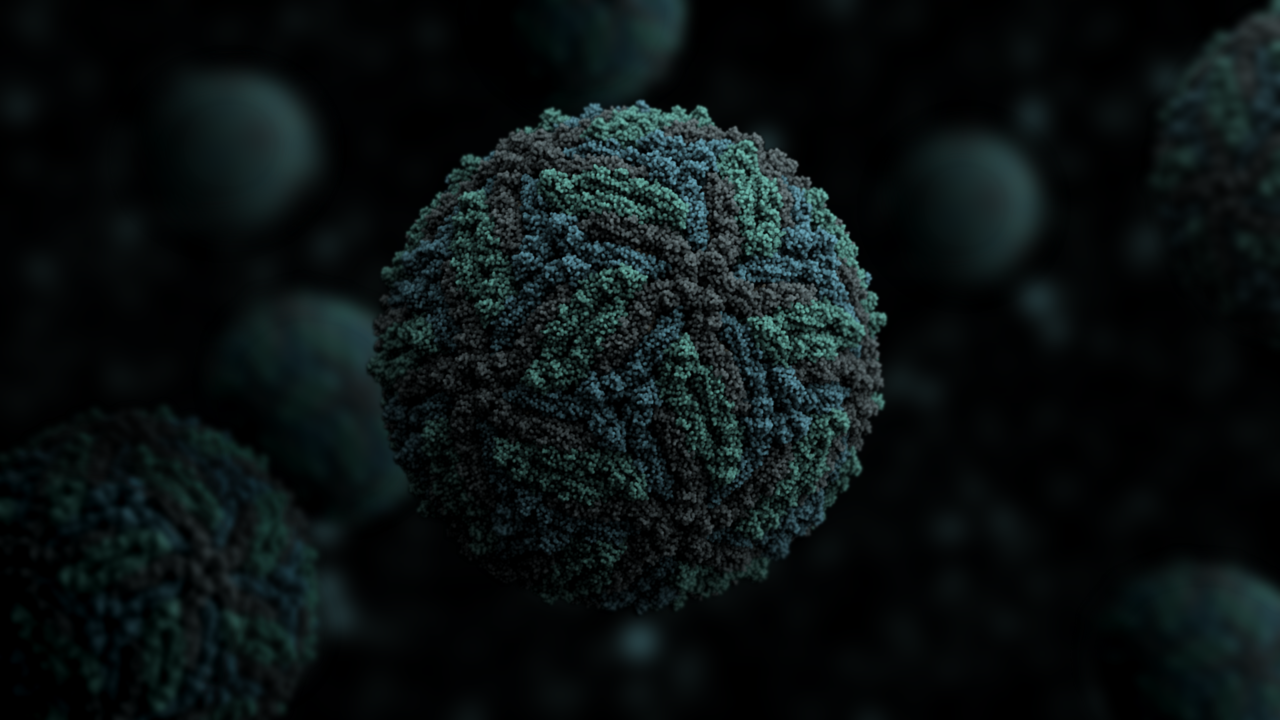
Researchers at the National Brain Research Centre (NBRC) at Manesar have carried out detailed investigations to understand cellular and molecular mechanisms that may help to understand how zika causes microcephaly in babies.
A new book by technology writers Anand Parthasarathy and S Sadagopan is an attempt to fill this gap in understanding of the Indian IT industry. The book “Icons of Indian IT”, as the name indicates, profiles 25 of India’s technology pioneers from academics, government, and industry.
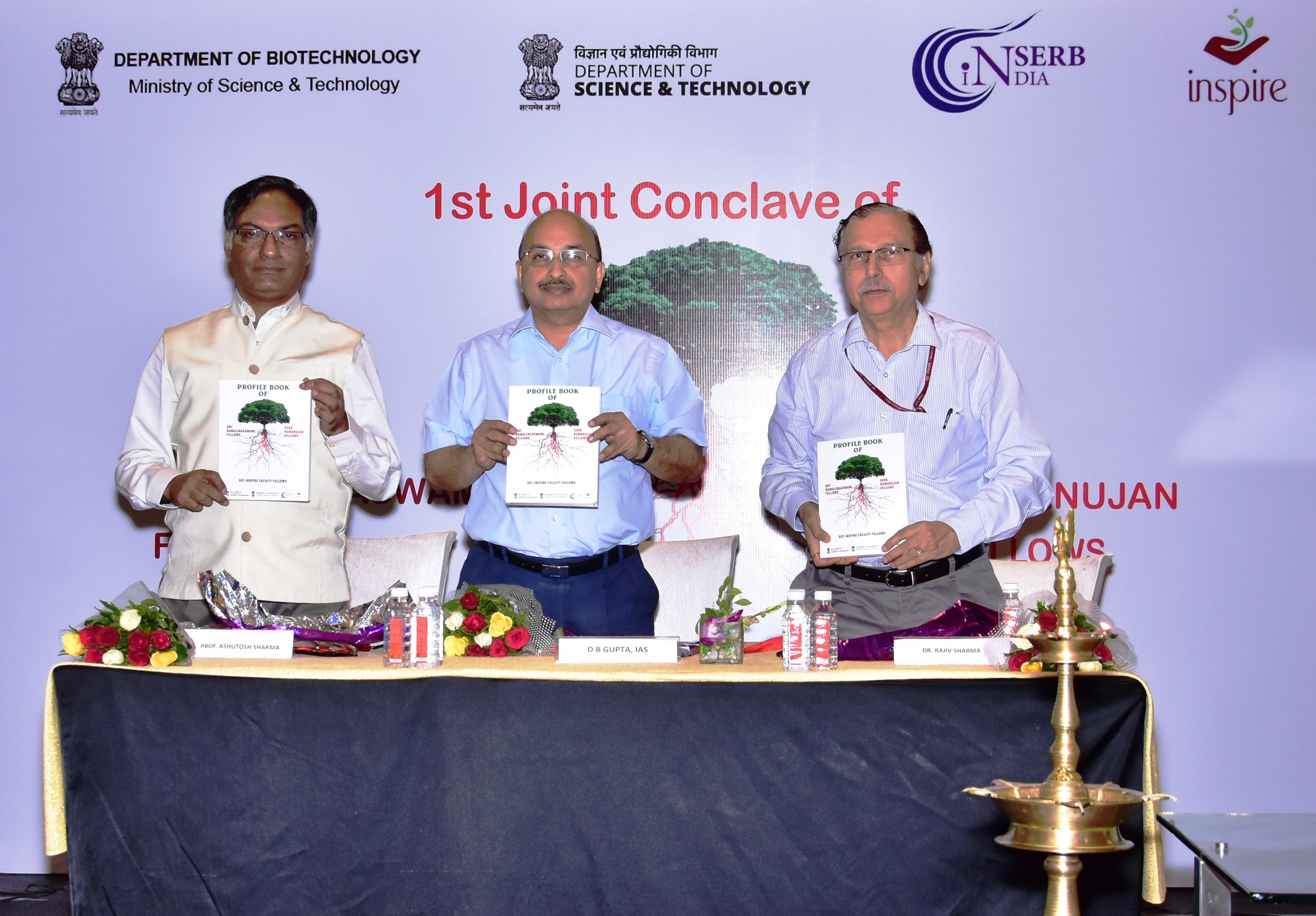

Photochromic materials can change color under stimulation of light. They are of high commercial importance for ophthalmic lens industry as also in sectors like optoelectronic switching devices, data storage, and optical transmission.
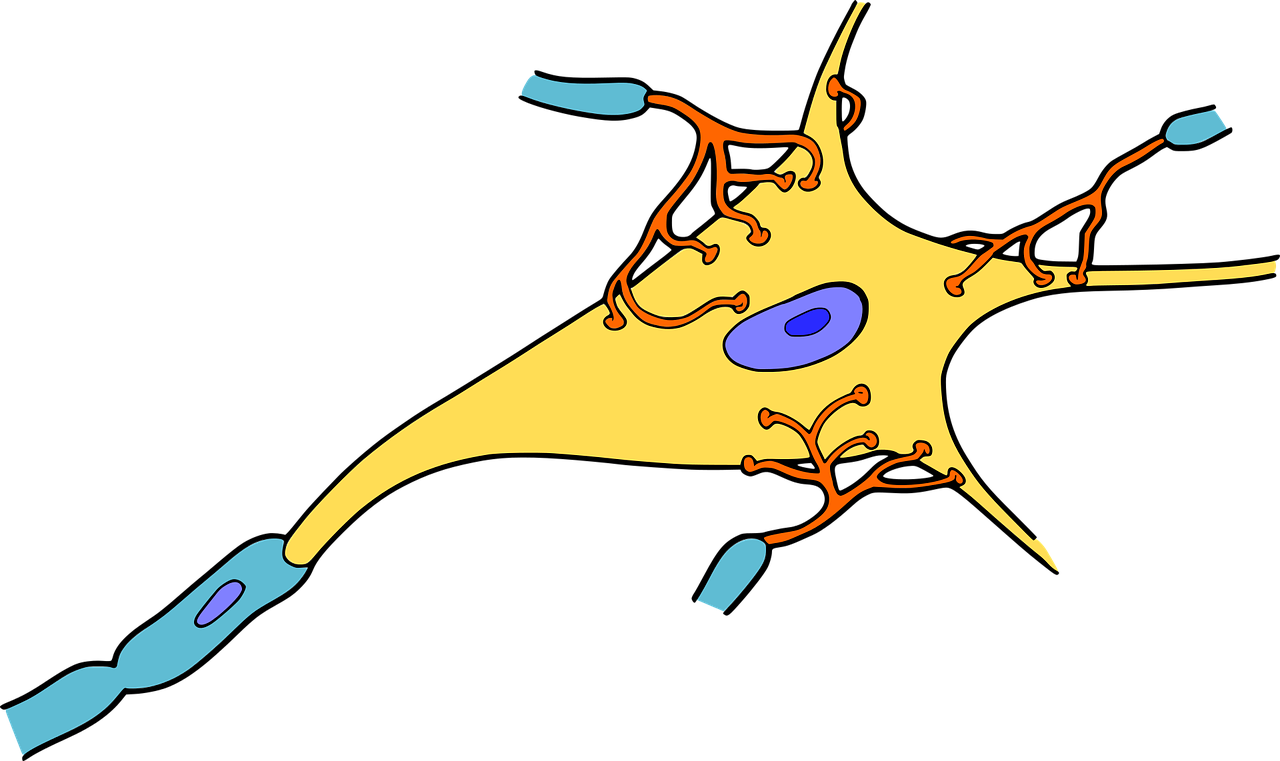
A team of Indian scientists has figured out that glycogen in neurons actually has a protective role in patients with neurodegenerative disorders like Alzheimer's and Huntington's.
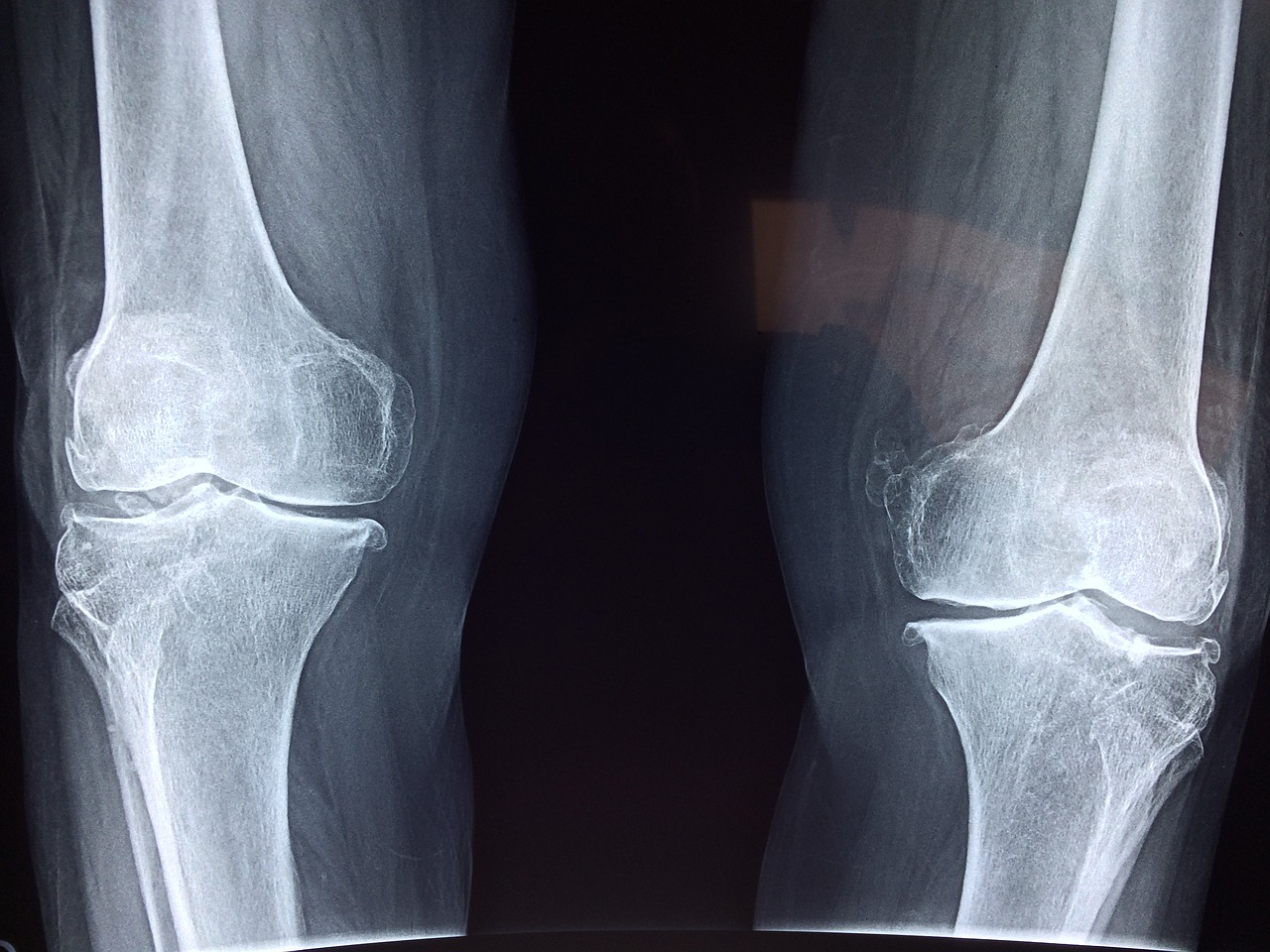
Researchers at the Indian Institute of Technology Kanpur have reported the role of two novel molecules - NFIA and GATA3 - in development of joint cartilage during embryo growth. They have observed in chicken and mouse studies that both these molecules prevent cartilage degeneration
Internet is huge! Help us find great content
Never miss a thing! Sign up for our newsletter to stay updated.
Research Stash is a curated collection of tools and News for S.T.E.M researchers
Have any questions or want to partner with us? Reach us at hello@researchstash.com